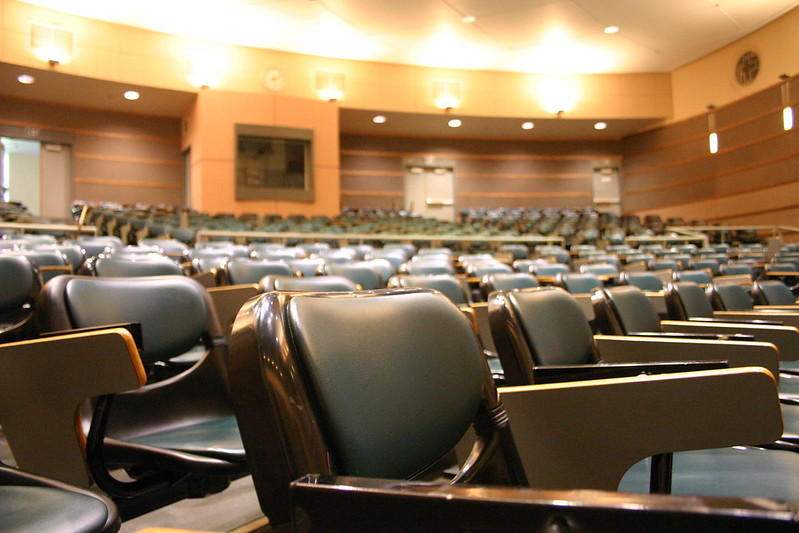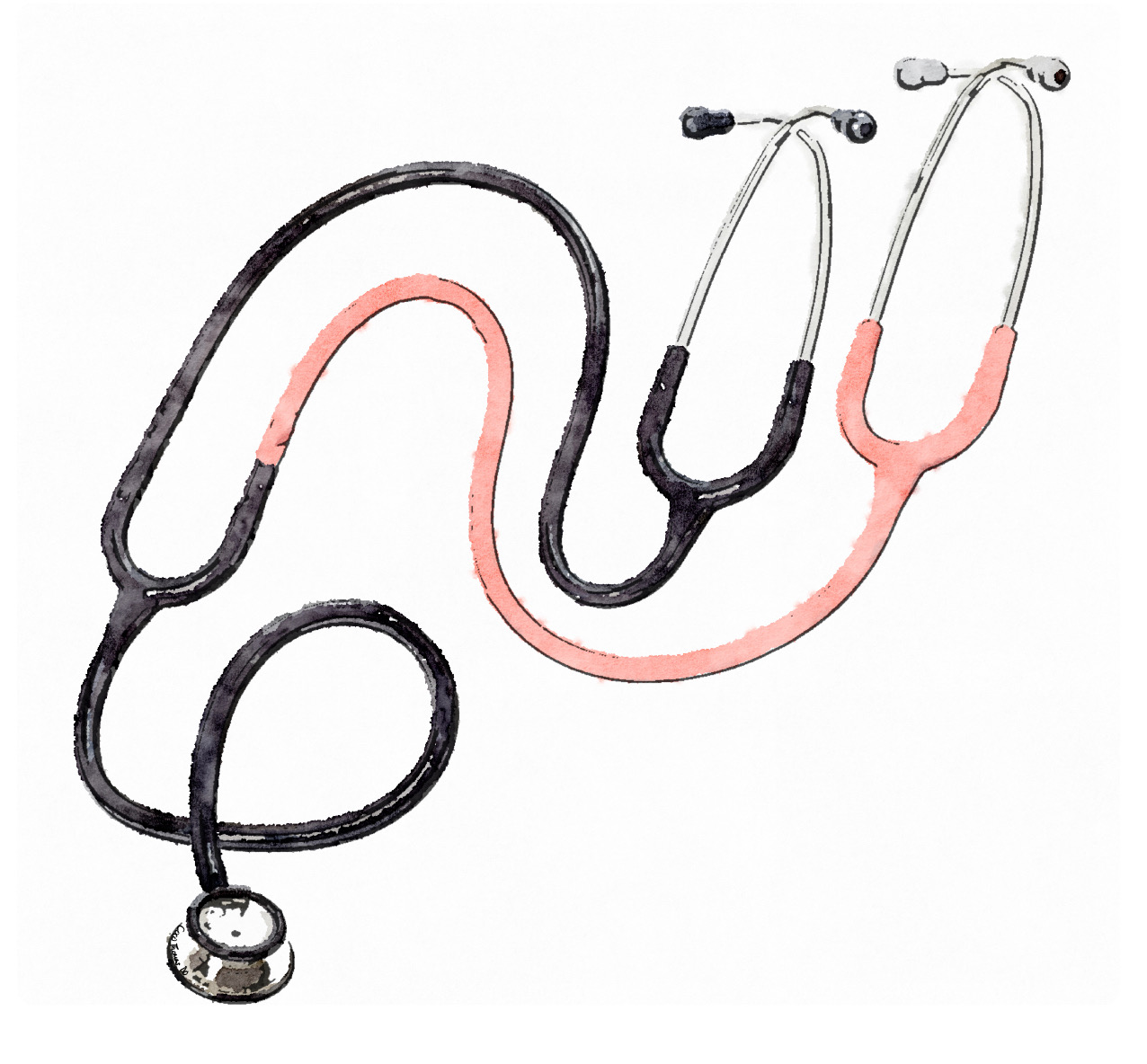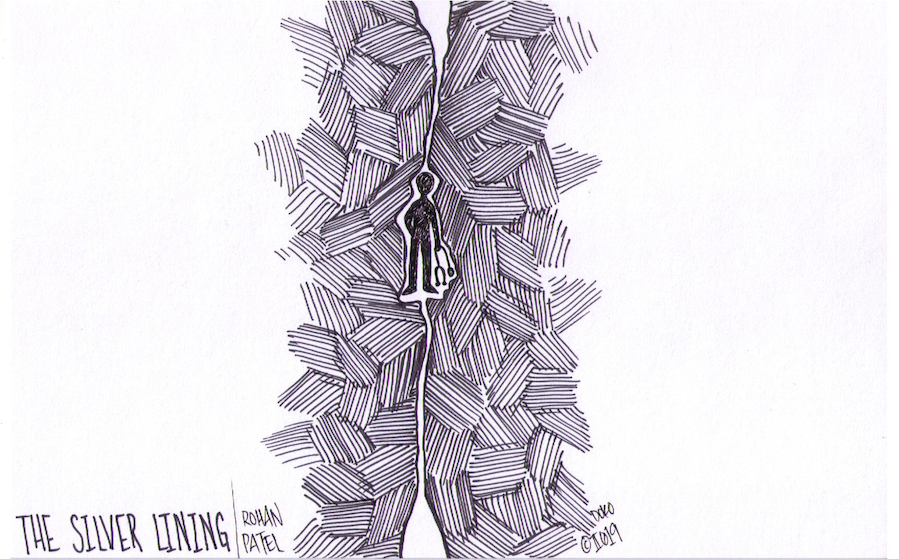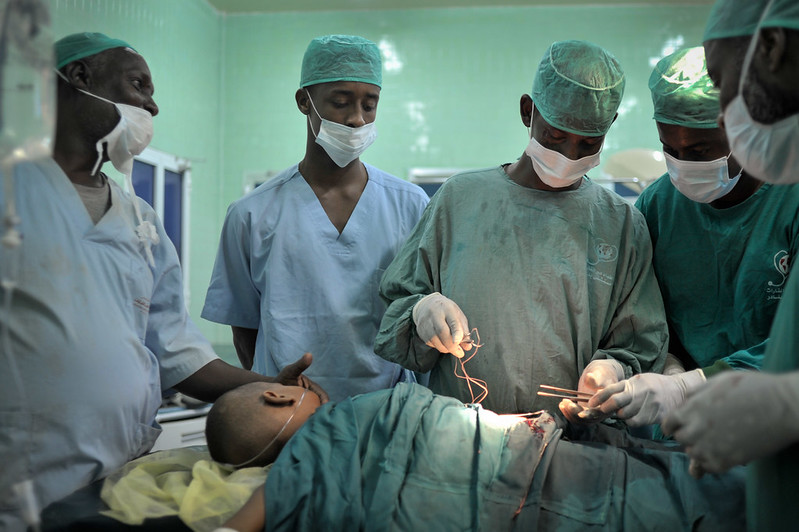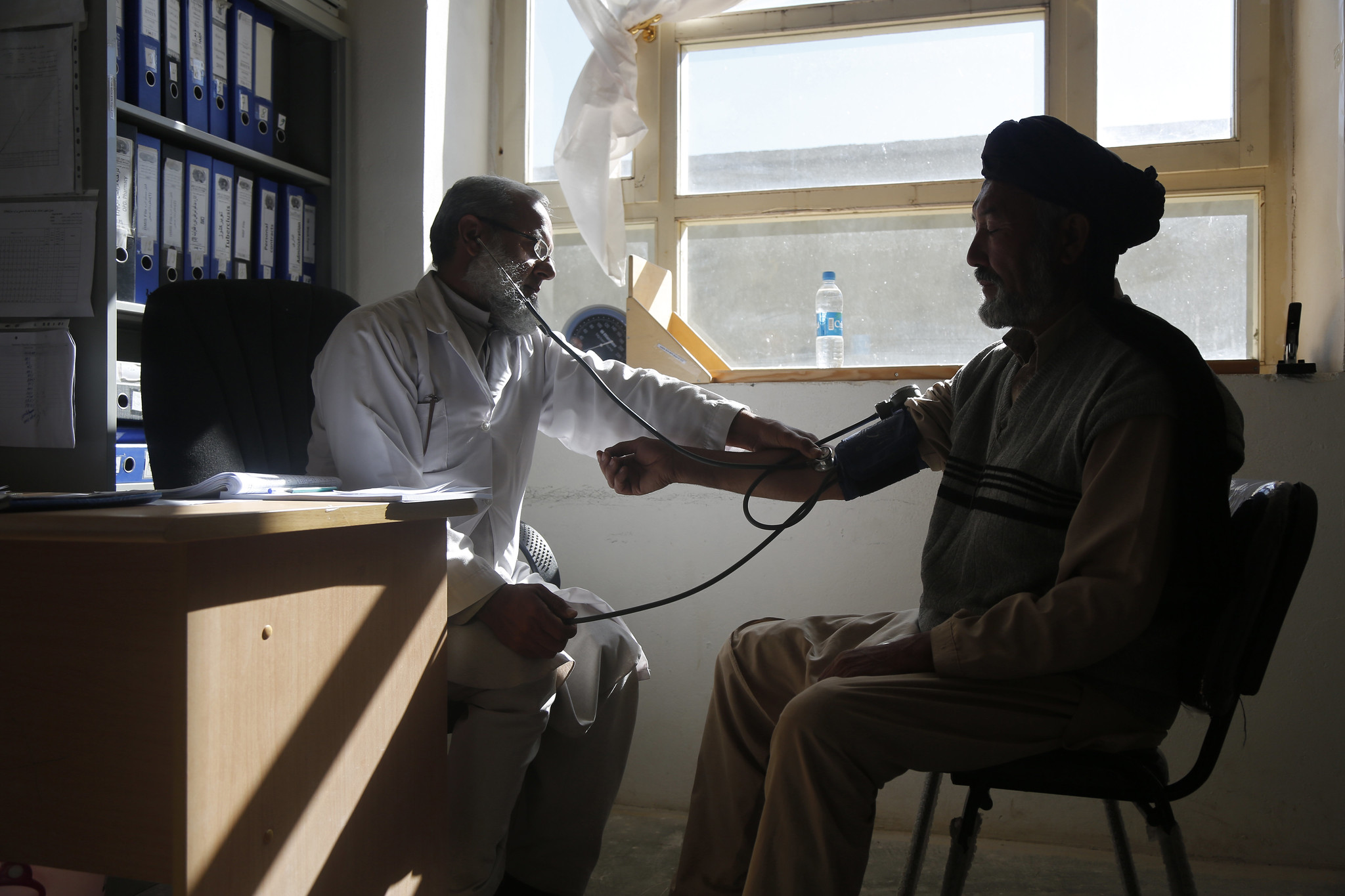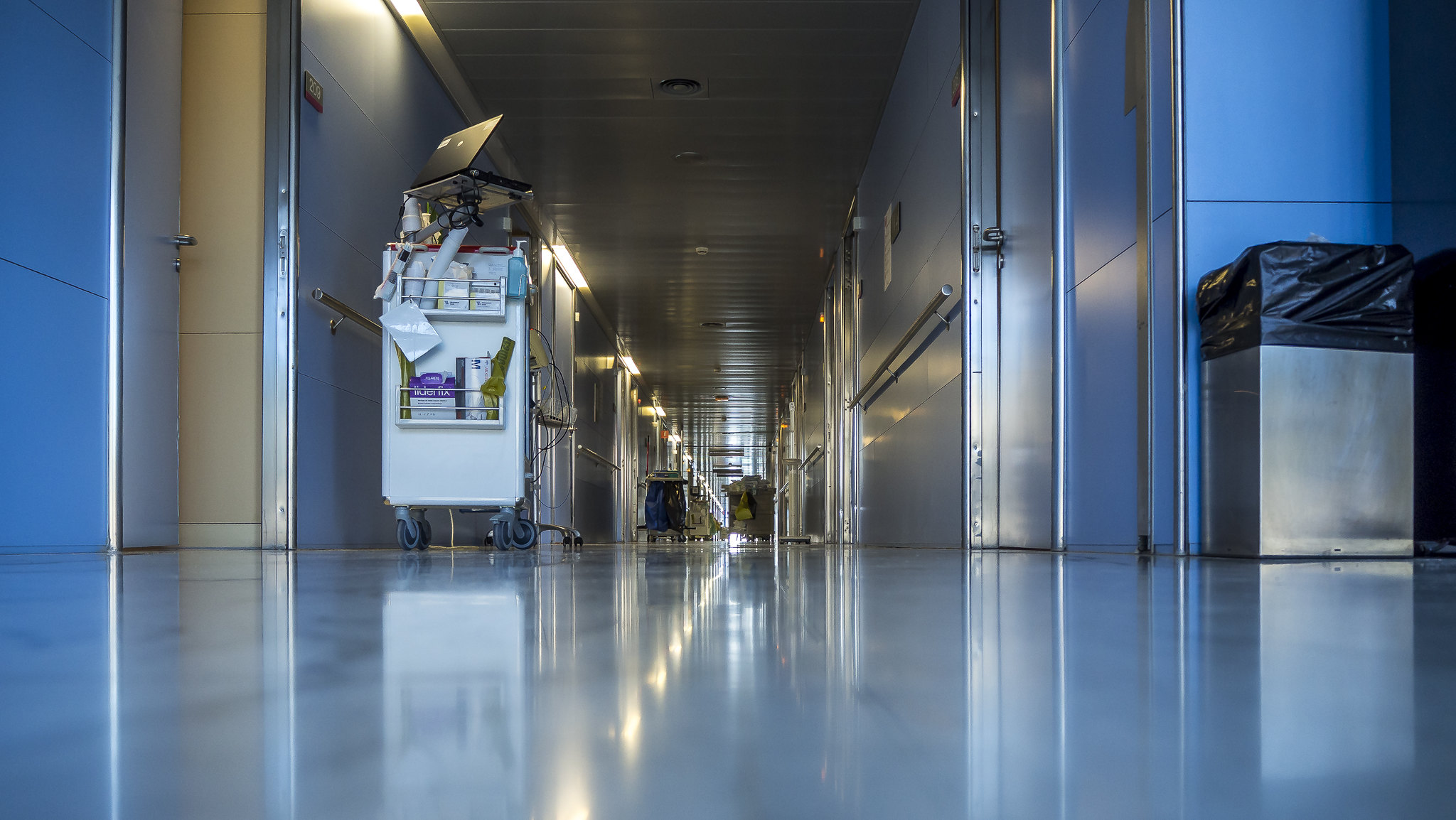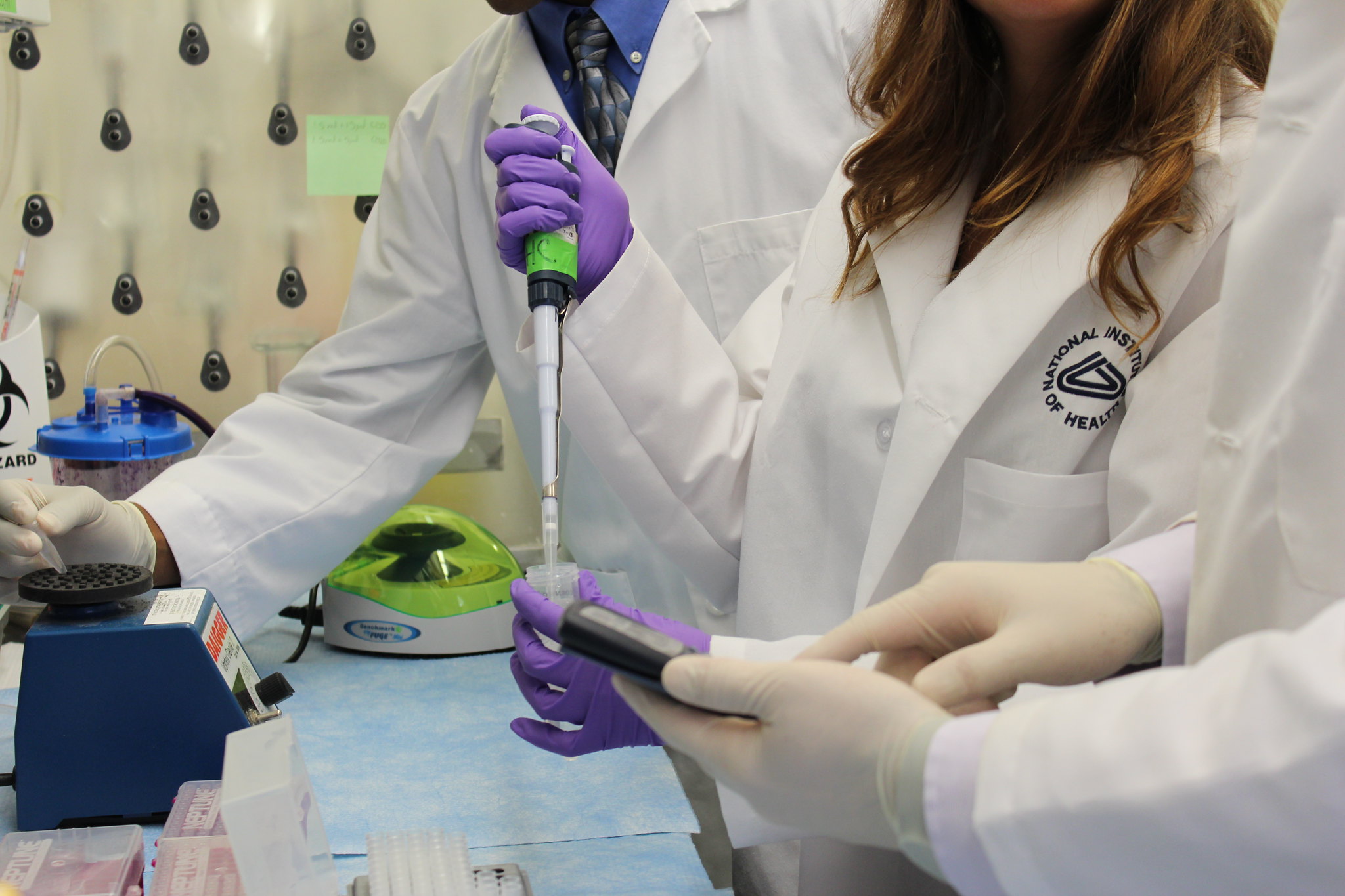A Growing Disillusionment: The Need for Anti-Racist Curricula in Medical Education
Is medical education doing enough to address future physicians’ abilities to understand the perspectives of their patients? As a medical student, my growing disillusionment begins with medical school and the lack of opportunities afforded to us during our education to discuss matters such as racial inequality.

